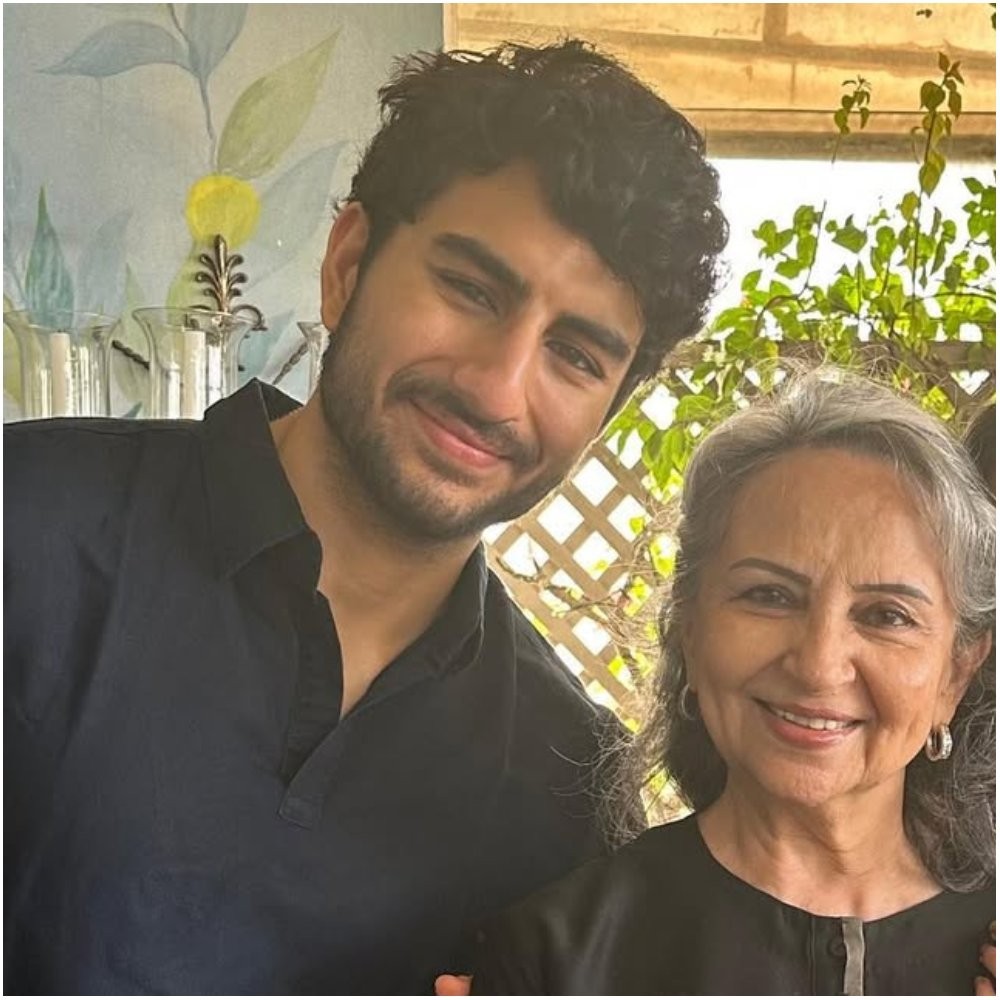Saif Ali Khan Attack: Plot thickens as 19 fingerprints mismatch out of 20 samples collected from crime scene; REPORT
According to the latest report in Saif Ali Khan’s case, the chargsheet shows most of the fingerprints collected from the actor’s residence not matching with the arrested accused.

In the latest update on Saif Ali Khan’s attack case, the chargesheet has revealed that the crucial fingerprint samples collected from inside the actor’s Mumbai residence didn’t match the accused Shariful Islam. According to reports, nearly 20 samples were sent to the state CID’s Fingerprint Bureau, out of which 19 didn’t match that of the accused.
According to a Mid-day report, 20 fingerprint samples collected from various parts of the crime scene were either unidentifiable or unfit for forensic comparison.
The report further stated that 7 prints were developed on the black bathroom door, 2 on the sliding bedroom door, and 2 on the cupboard door— all of which were not identical to the suspect Shahid Shabbir Sayyed and the arrested accused Shariful Islam Shehzad.
National Automated Fingerprint Identification System (NAFIS) and the Automated Multi-Modal Biometric Identification System (AMBIS) also investigated the samples, but none of them matched any fingerprints of previously arrested or convicted individuals in the NCRB or Maharashtra Fingerprint Bureau databases.
Meanwhile, the report added that the remaining 10 prints— 5 fingerprints and 1 palm print from the black bathroom door, 1 from a wooden door, and 3 from the marble and wall of the bathroom didn’t show a sufficient number of ridge details and were not ideal for comparison or practical use.
However, the chargesheet includes another CID report that confirms a single left palm print developed on the wooden door of the 8th-floor staircase, matching the accused. 2 other prints from the 9th-floor's wooden door were also found unfit for analysis due to a lack of sufficient ridge detail.
The chargesheet includes another fingerprint bureau report that confirms matches with two of Khan’s domestic staff—Nilesh Hari Gawade and Hemlal Nyaupane.
Meanwhile, despite the fingerprint mismatch, police maintain they have multiple pieces of strong evidence against the accused. These include CCTV facial recognition reports, identification by one of Khan’s domestic staff, and mobile tower location data that suggests his location in the building on the attack day.
Police have also recovered the clothes allegedly worn by the accused at the time of the incident. While Shariful has filed a bail application, the matter is likely to be heard by the sessions court on April 17.





 JOIN OUR WHATSAPP CHANNEL
JOIN OUR WHATSAPP CHANNEL









































